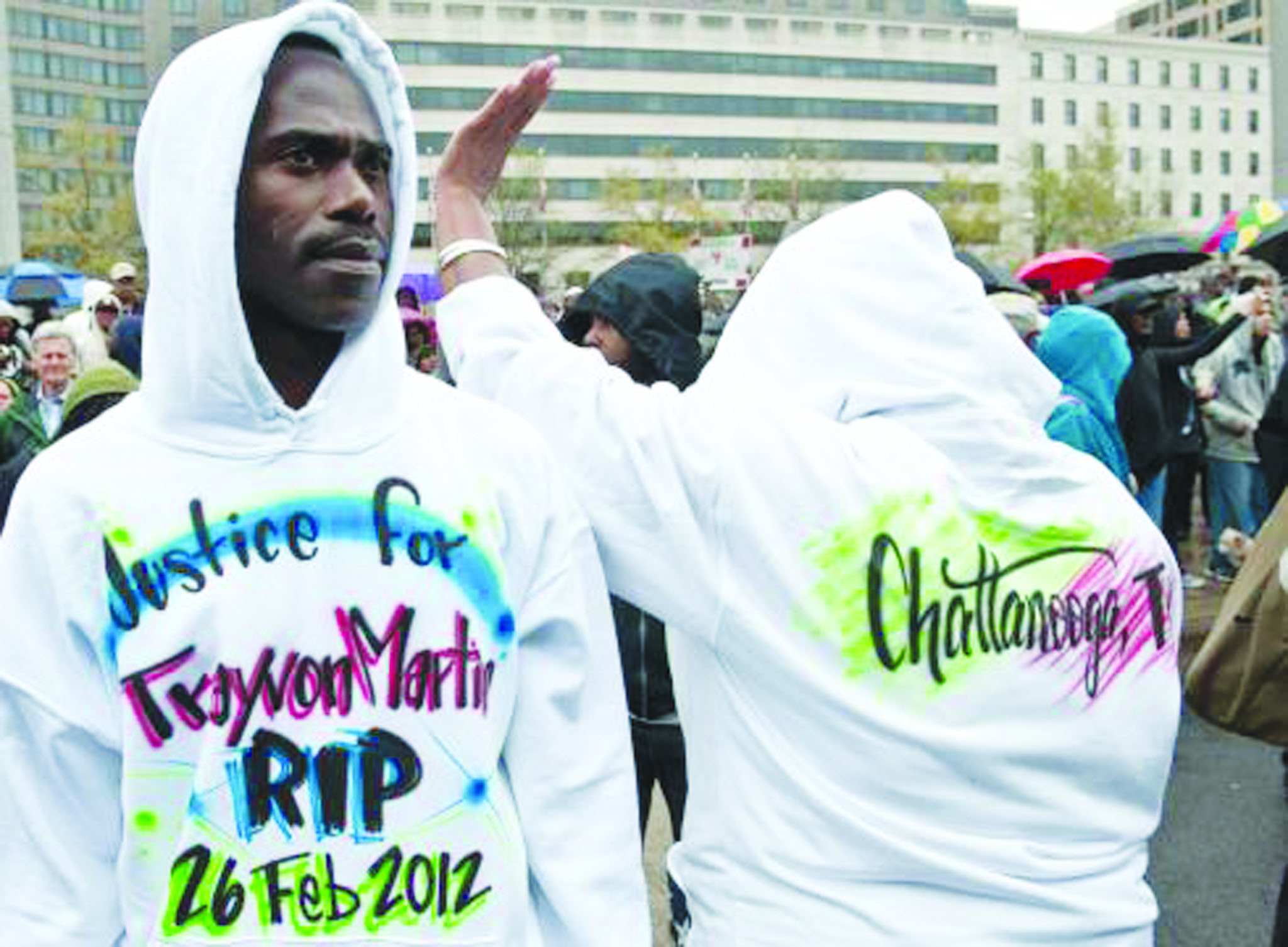Do I really deserve to die?
That’s the question I asked myself after watching an episode of Bill O’Reilly’s show last week. You see, I was 17 once upon a time. I wore hoodies pretty much every day, and still do. I wanted a tattoo, though my parents thankfully didn’t let me get one. I was suspended from school for climbing on the roof.
I experimented with drugs (feel free to use this against me when I run for office) because I was bored and my friends did it, among other reasons. This is what 17 year-olds do. I don’t believe that my infractions and lapses in judgment mean I deserve death. I don’t believe that, had I been shot and killed in my hometown, anyone would have argued that I had somehow “earned it.” No one would be arguing that I deserved extrajudicial execution for my “crimes.”
This is not the case for Trayvon Martin, the 17 year old who was shot and killed in Florida recently, sparking uproar about race relations in America and the prejudices of our justice system.
It seems that the justice system is finally coming around to prosecuting the killer of Martin, with the local District Attorney having filed second-degree murder charges against George Zimmerman. This is to be applauded, even if it took longer than it should have. However, the campaign to smear the young man’s name seems to have just begun. A bevy of individuals is lining up, it seems, to take cheap shots at Martin’s character and to paint Zimmerman as the victim in the case.
What disturbs me most about Martin’s case is not the agonizing laxity of the justice system to respond appropriately, but rather the incredible speed with which right wing personalities have come out swinging against the young man’s memory.
Bill O’Reilly said on his show that Martin was asking for trouble because he was wearing a hoodie – prompting someone on the internet to dig up a picture of O’Reilly attending a baseball game wearing one. Several right wing websites such as the Free Republic have attempted to paint Martin as a small-time drug dealer, and Glenn Beck has called attention to a ten-day suspension Martin received for trespassing at his high school.
As much as I would like to believe that my 17 year-old self is long behind me, that era in my life was a mere three years ago. And so, when I look at the pictures of Martin, it is something like looking in a mirror. That face smiling up at me from newspaper headlines could well be my own, given a different set of circumstances. Yet I can’t help but believe that if it had been me, there would be no attempt to paint me as a criminal.
Fox News producers wouldn’t be combing my school records and Facebook page looking for evidence of my debauched past. Popular TV hosts wouldn’t be calling me “troublemaker” or doubting that I was the victim. This, I can only conclude, is because I am white and Martin was black.
My race gives me an advantage in American society that I cannot forget. It gives me the benefit of the doubt at times when I don’t necessarily deserve it. In that long ago time when I was a teenager, I was once caught red-handed by a cop smoking marijuana with some friends in a park.
His response was to simply confiscate the drugs and send me on my way with a warning – not something that often happens if you’re black. I know that when I call the cops they will come in a timely fashion. I know that the chances of me being harassed – by law enforcement or by a random citizen – are much lower because I’m white. In other words, I know that society judges me not by the content of my character but by the color of my skin. This is due in no small part to people like O’Reilly, and it is utterly unjust and reprehensible.


